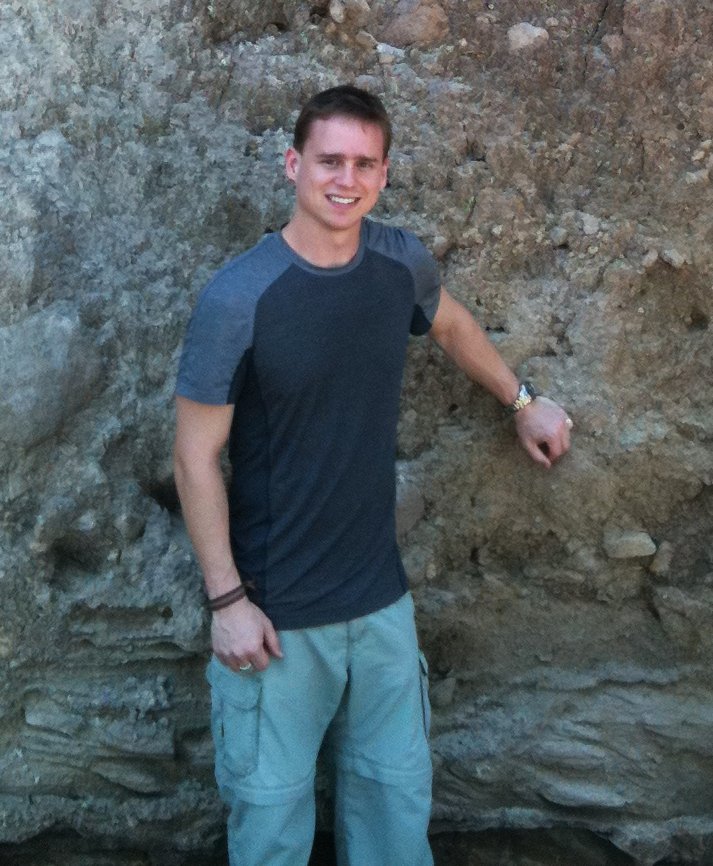SERVIR Team Member wins award

Eric Anderson, SERVIR Technical Point of Contact for the Himalaya region, has been chosen to receive the Conference of Southern Graduate Schools’ (CSGS) 2015 Master’s Thesis Award in the category of Digital Scholarship.
Anderson earned a Master’s Degree at the University of Alabama in Huntsville in 2013 and worked as a SERVIR graduate research assistant from 2011 to 2013. His Master’s thesis was entitled Analysis of rainfall-triggered landslide hazards through the dynamic integration of remotely sensed, modeled and in situ environmental factors in El Salvador. It investigated the environmental variables related to landslides and proposed a dynamic tool for predicting landslide likelihood based on the relationships among an area’s features -- such as topography, sediment transport, and daily rainfall. This tool helps identify precisely when and where the land will begin to give way and pinpoints the extent of the area the debris will inundate.
Anderson’s thesis evolved from much more than sitting in front of a computer, crunching numbers, running statistics, and testing models.
“I think that seeing firsthand how landslides happen every year in Central America and having worked with satellite images and GIS over the years really motivated me to work on the problem,” he says. “The whole experience was so much more meaningful because I was tied into a network of people who deal with these kinds of research and operational challenges every day. And that came from SERVIR’s and the UAH Earth System Science program's focus on applied research.”
From his work with SERVIR and his classes in Earth System Science, Anderson came to realize that landslides pose a significant, persistent threat to El Salvador's population, economy, and environment. He also became aware of the challenges faced by the geologists and meteorologists at the Ministry of Environment and Natural Resources/General Directorate of the Environmental Observatory (MARN/DGoA) in El Salvador who are responsible for monitoring environmental conditions and reporting to the Civil Protection Agency about the likelihood, timing, and location of disasters.
“It’s really difficult to know – at a national level – exactly when to issue alerts and warnings for landslides because they are such local events,” he says. “But when one happens and blocks or destroys a major highway, it can affect the whole country.”
Officials in El Salvador can incorporate the tool proposed in Anderson’s thesis into existing decision support systems, helping to determine more accurately when to alert the public. Best of all, the tool is transferable to other developing countries where officials need new and better ways to identify when and where disaster will strike.
“It’s great to see academic research that can be used to benefit people,” says SERVIR Project Director Dan Irwin. “Eric’s thesis embodies an example of using Earth observations to make a difference on the ground.”
Anderson will travel to New Orleans to receive the award, which includes a cash prize, at the CSGS meeting in March. He says winning the award was “a complete surprise.”
Note: In consideration for this award, the thesis was reviewed by faculty members from CSGS member institutions and evaluated on the basis of “the use of technology in the presentation of the Electronic Theses and Dissertations, scholarship, research methodology, and contributions to the field or discipline."

